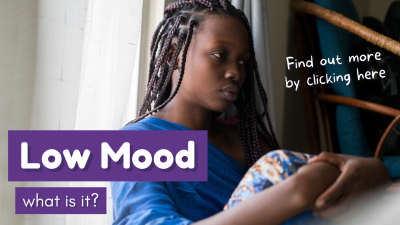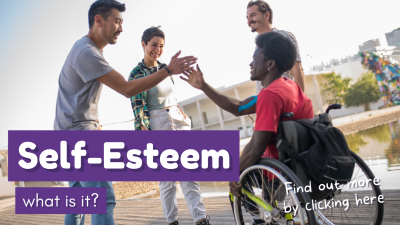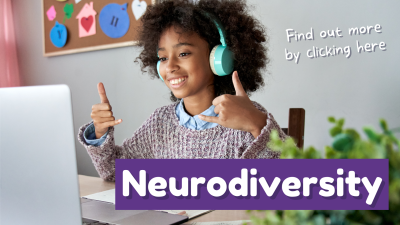Learning Disability & Mental Health
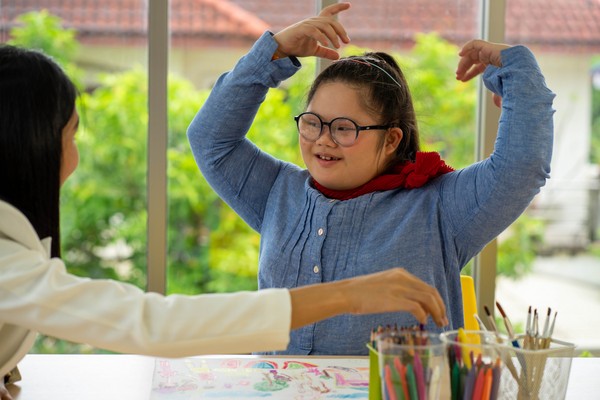
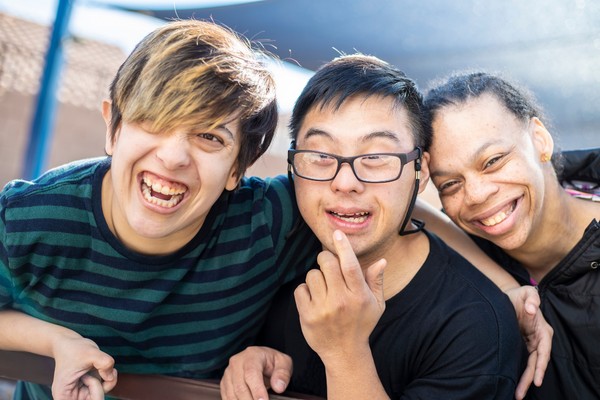
What is a Learning Disability?
A learning disability is something that affects the way someone learns new things throughout their life. There are many types of learning disability; these can be described as mild, moderate, severe, or profound. A learning disability often occurs when the brain is still developing or could develop due to an injury or condition in later life.
A person with a learning disability may find certain day-to-day things difficult, such as:
- Understanding new or complicated information
- Living independently
- Learning new skills
- Communicating with others
Although one person may have the ‘same’ type of learning disability as another person, this doesn’t mean they will experience it in the same way. Remember: all human beings are unique, and we all think, feel, and behave in different ways.
Read on to learn more about learning disabilities and how they can be experienced!
Learning Disabilities in the UK
There are around 1.5 million people in the UK with a learning disability and 351,000 of them are young people. However, there is still stigma attached to learning disabilities, and some people can wrongly assume that having a learning disability means being ‘incapable’ or ‘unintelligent’.
Having a learning disability does not mean being unable to cope with day-to-day life; young people with learning disabilities may need different levels of support, depending on their individual needs. Many people with learning disabilities are able to live independently, achieve qualifications, and have a regular job. Meanwhile, some people may need more support, such as with day-to-day activities, or at school or college.
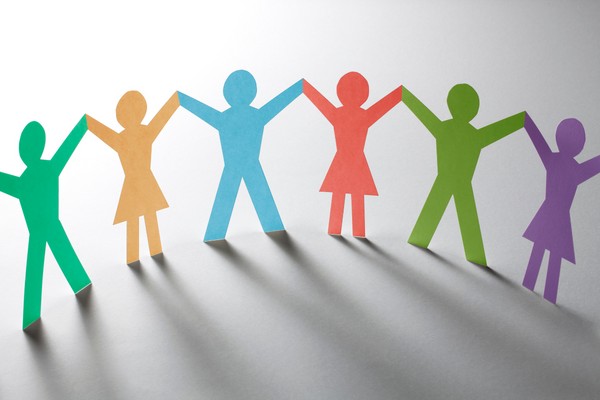
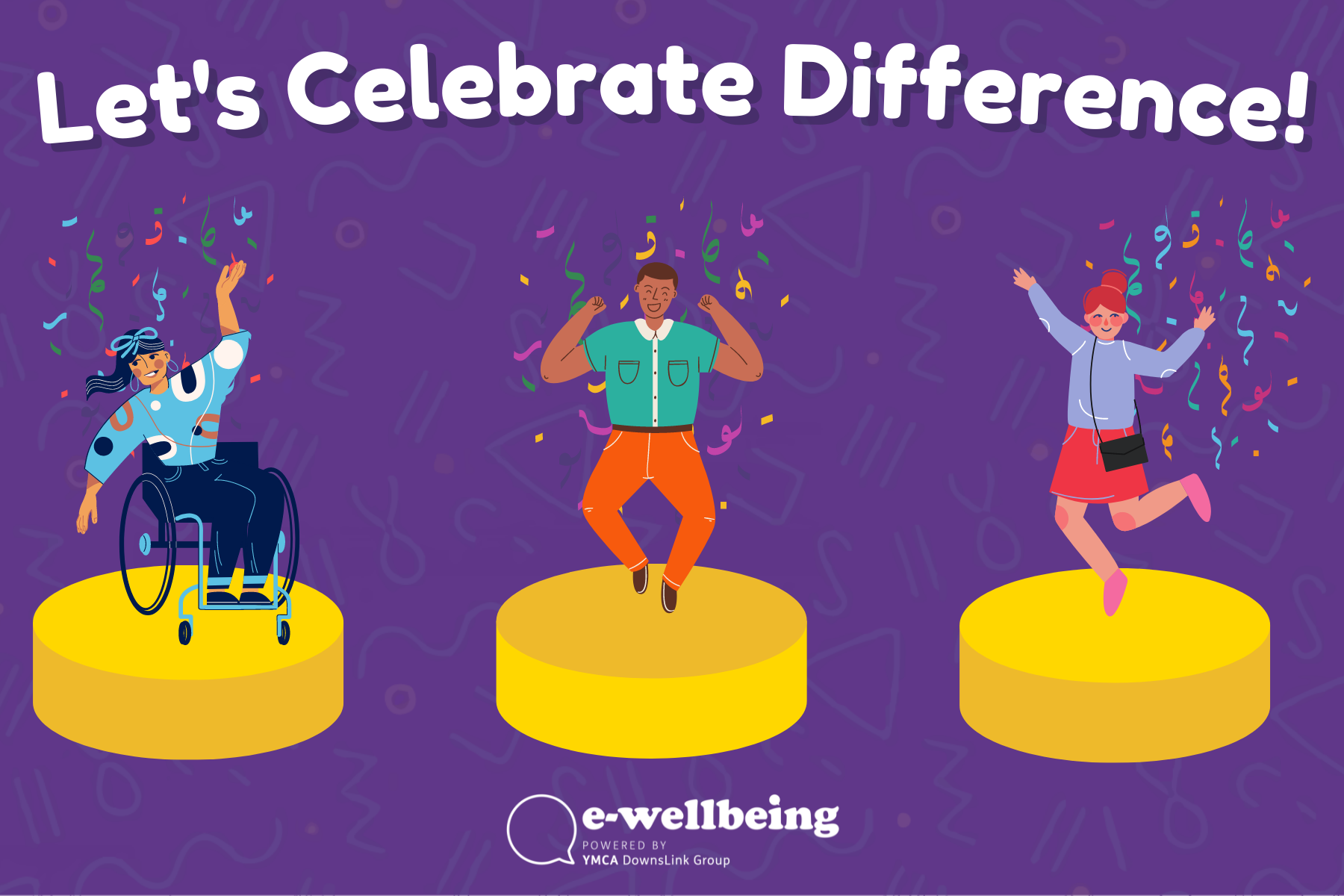
We all deserve to live the life we want, and it is unhelpful to make assumptions about others based on a label. Remember: difference should be celebrated and being yourself is enough!

You are not alone...
Young people with learning disabilities and difficulties can sometimes benefit from extra support. Everyone has different strengths, as well as things they need more help with, and that’s what makes us all unique!
Watch this video to hear from the Mencap Myth Busters about why difference should be celebrated.
How can learning disabilities be experienced?
Read on to learn more about some common learning disabilities, and how young people can experience these.
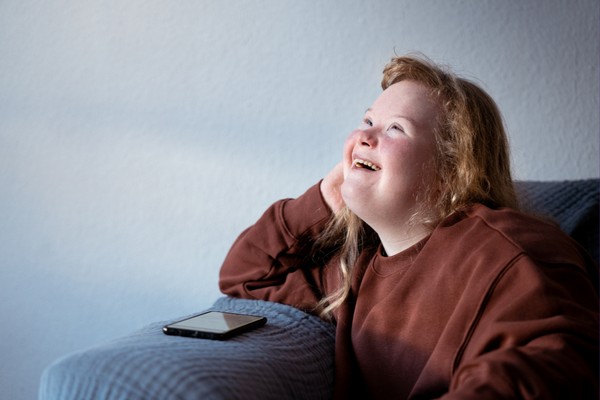
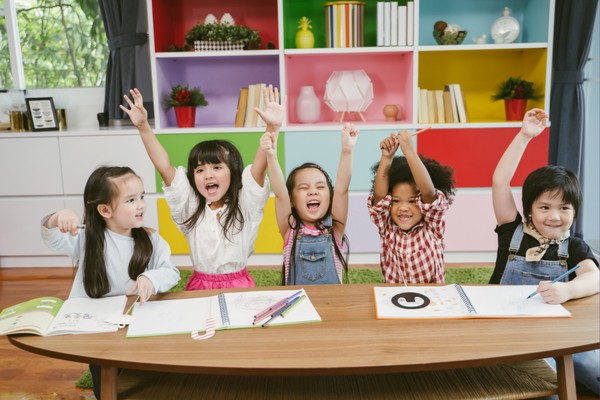
Learning Disability vs Learning Difficulty
You may have heard of the term learning difficulty before, and this is different to a learning disability. Sometimes it is assumed that these are the same, which can be confusing!
Someone with a learning difficulty can find specific aspects of learning (for example, reading or writing) more challenging, while someone with a learning disability can often find day-to-day activities (for example, moving or speaking) more difficult.
While learning disabilities and learning difficulties are different things, they can be experienced together.
For example, it is common for a neurodivergent person to have a learning disability as well as a learning difficulty.
You can find out more about Neurodiversity by checking out e-wellbeing’s module here and scroll down to learn more about how young people can experience learning disabilities!
Young people with Down’s Syndrome
Down’s Syndrome is a common learning disability that is caused by having an extra chromosome at birth. While everyone is different some young people with downs syndrome might:
- Have some or many physical features that are common with other people with Downs Syndrome, but not everybody looks the same
- Find learning new information more difficult
- Experience difficulty with movement or speech
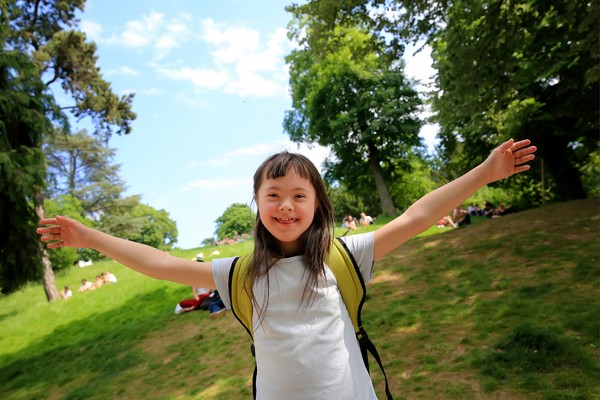
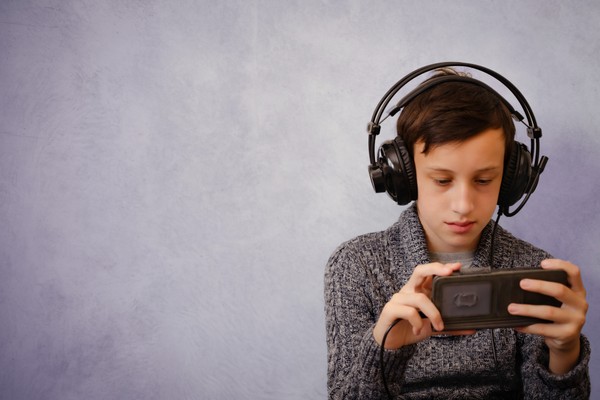
Young People with Autism
The cause of autism is still unknown, but we know a lot of young people have autism. Here are some things that young people with autism might experience:
- Difficulty socialising, or communicate with others
- Sensitivity to light, sound, touch, or taste (for example, very loud noises may be overwhelming)
- Repetitive behaviours (sometimes called 'stimming') such as hand flapping or spinning an object
- Specific interests or hobbies
Young People with Cerebral Palsy
Cerebral Palsy is a name of a group of conditions that affect people around the time of their birth. Cerebral refers to the brain and palsy describes a difficulty in using muscles. Here are some ways that young people may experience cerebral palsy:
- Difficulties with physical movement
- Tremors or other uncontrolled body movements
- Difficulties coordinating their body
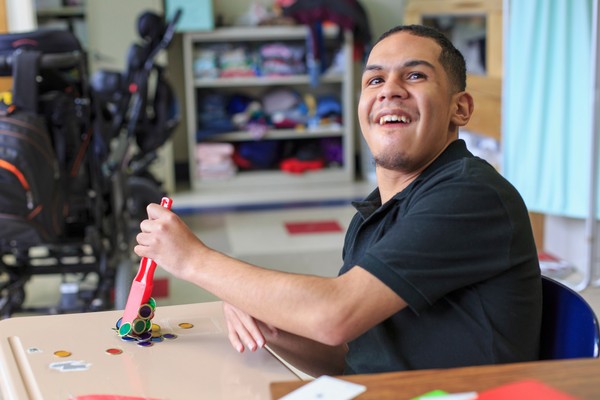
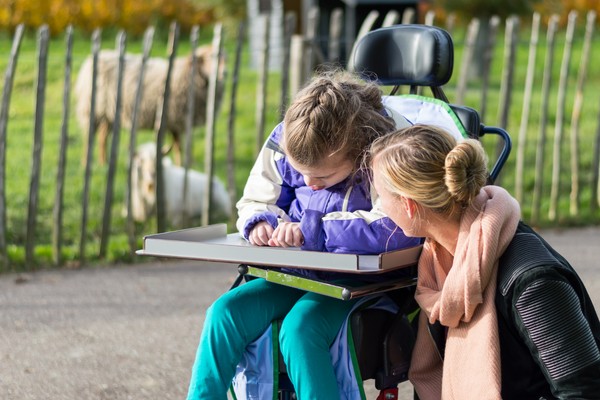
Young People with other Learning Disabilities
While some are more common than others there are other learning disabilities that affect young people. Here are some ways these other conditions can affect young people:
- Prader-Willi Syndrome – a rare genetic condition that can include behavioural challenges, learning difficulties, and physical symptoms such as an excessive appetite
- Epilepsy - while epilepsy itself is not directly a learning disability you are more likely to have a learning disability if you’re epileptic and vice-versa
- Williams Syndrome – a genetic condition that can lead to medical issues, learning challenges and developmental delays
To find out more about different types of learning disabilities and how these can be experienced, you can go to the NHS website.
How can my learning disability affect my mental health?
Having a learning disability doesn’t always mean someone has mental health difficulties, but sometimes they are linked. Read on to find out about the relationship between learning disability and mental health.
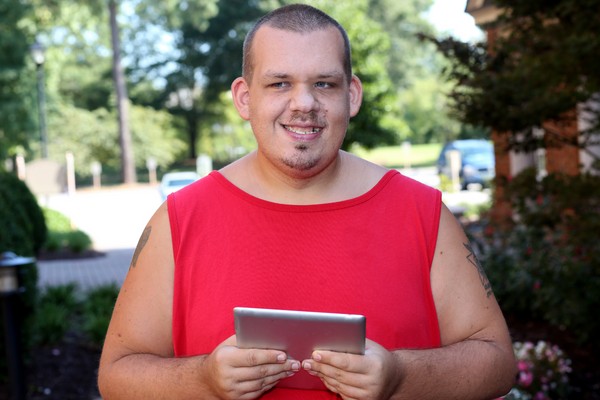
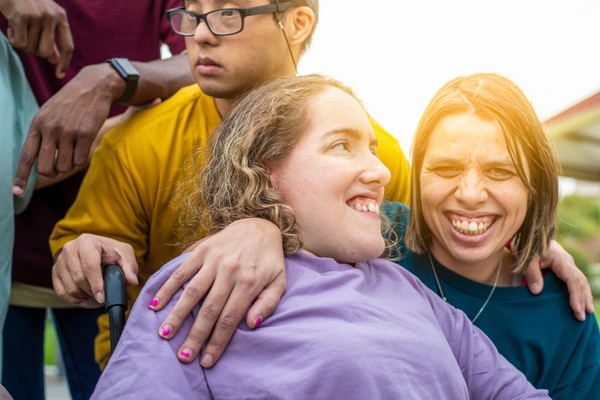
Learning disabilities and mental health
Having a learning disability can affect a young person’s mental health in a variety of ways. They may feel isolated or misunderstood or frustrated about having to rely on others. This could lead to feelings of anger, low mood, or anxiety. If you are struggling with your mental health, you are not alone; you can find more support on our Feelings page.
It is important that young people with learning disabilities, or those caring for another person, can access the right support for them. A key part of choosing the right support includes making sure the decision keeps the person safe while respects their personal choice.
Scroll down to learn more about how mental health conditions can be experienced, tips for looking after your mental health, and different ways to find support.
Learning Disabilities and Mental Health Stigma
A learning disability is not the same as a mental health condition. Just like everyone else, young people with learning disabilities can have mental health difficulties, or they might not!
Those that do experience mental health difficulties can struggle to get a diagnosis, as their feelings may be mistaken for being part of their learning disability. This can be difficult and frustrating, and may result in the young person’s mental health getting worse because they don’t feel supported.
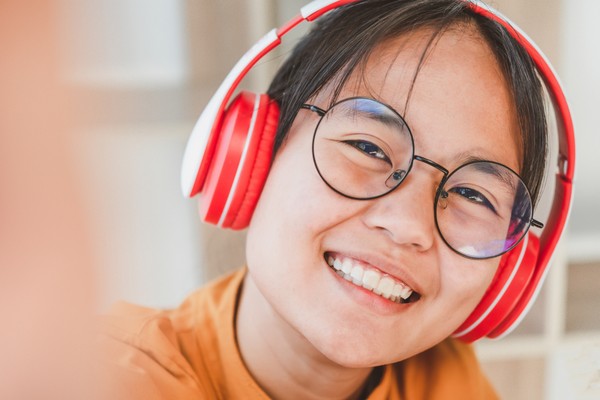
Do you need some support?
If you are struggling with your mental health, you are not alone. Help is out there, and your feelings are valid! There are lots of ways to access support, and it’s important to do what feels right for you.
You may find it helpful to talk about how you’re feeling with someone you trust, such as a family member or your teacher. If you’re not sure who to talk to, you can find general mental health support in your local area here, or scroll down to find specific services that may be helpful.
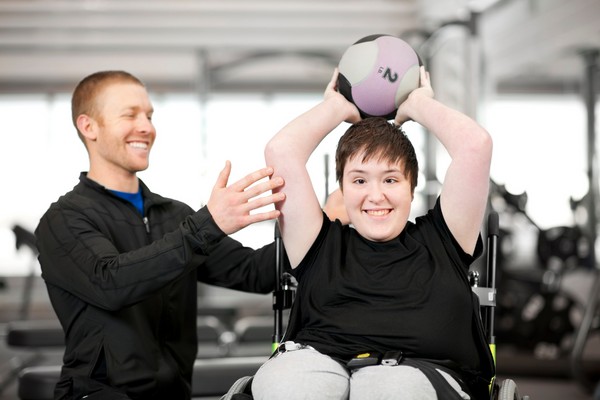
Support Services in Sussex
- Kangaroos- a Mid Sussex based charity that believes that people with learning disabilities have a right to leisure, play and recreational activities
- Grace Eyre- a Brighton & Hove and West Sussex based charity that has a range of practical support and fun activities for people with learning disabilities
- Carousel – a charity in Brighton & Hove that strives to promote and celebrate artists who have a learning disability and create film, music, performance, and digital arts
- Whoosadaisy – offering free life-changing programmes in Brighton & Hove for children with a wide range of disabilities
- PACSO – supporting children with disabilities aged 0-25 and their families in the Chichester and Arun districts of West Sussex
- Extratime – high quality, affordable play and leisure activities for children and young people with and without disability aged 4-25
- Aspens – Support people across Sussex who are on the autism spectrum and/or with learning disabilities, including young people aged 8-25
National Support Services
- Mencap – offers a wide range of information and support for living with learning disabilities, including employment and housing services, and local support groups
- Scope - a disability equality charity that provides practical and emotional support through their resource directory
- Turning Point- works with people with learning disabilities to lead more independent lives
- Life Works- helps people with learning disabilities access the services and support they need to reach their full potential
- Mind- a mental health charity that has information on learning disability and signposting to other organisations
- Livability – a charity that strives to enable people with learning disabilities to thrive and offers a wide range of education, care, vocation, and rehabilitation services
- Books Beyond Words – wordless picture stories helping people with learning disabilities read about topics such as mental health, bereavement, and criminal justice
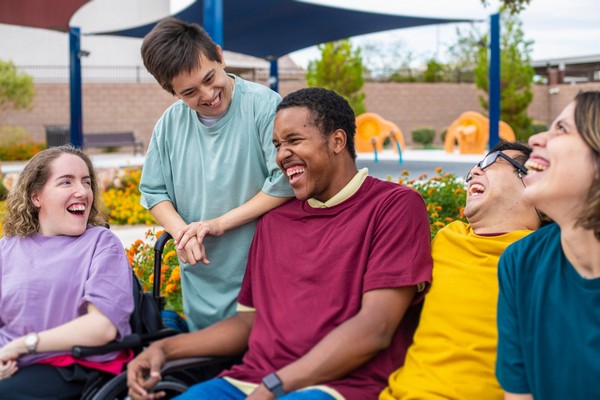
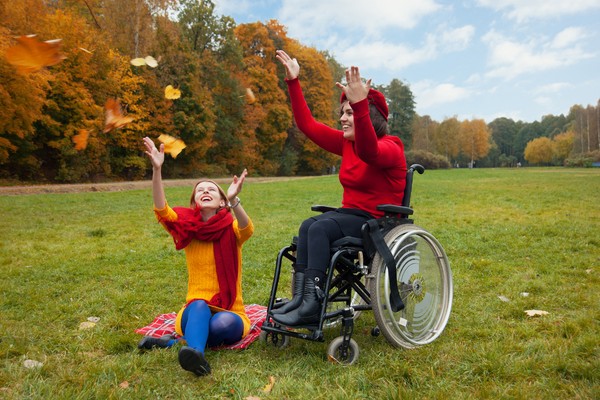
Support Services for Young Carers
It can be difficult for young carers supporting or living with someone who has a learning disability. They might feel that they’re not able to join in with other things that their friends are doing or that they’re unable to attend education because of their caring role. If you’re a young carer it’s important to get support for yourself too. Here are some organisations you can speak to:
- The Children’s Society has advice and support available to all young carers
- Barnardos has information and tips for young carers, including those who are still having to shield those they care for
- Sibs is a charity for both siblings of those with learning disabilities but also support young carers
- Carers Trust has information for all carers supporting those with learning disabilities
- Carer’s Support provide support to 18-25 year olds who live in West Sussex
- The Carer’s Hub offer a young carer’s project for young people aged 6-17 living in Brighton & Hove
- Care for the Carers offer support for carers of all ages living in East Sussex
How can I support other young people with learning disabilities?
Celebrating and supporting other young people with learning disabilities helps keep our world inclusive and accessible to everyone! Read on for some useful tips about how you can support young people who have learning disabilities.
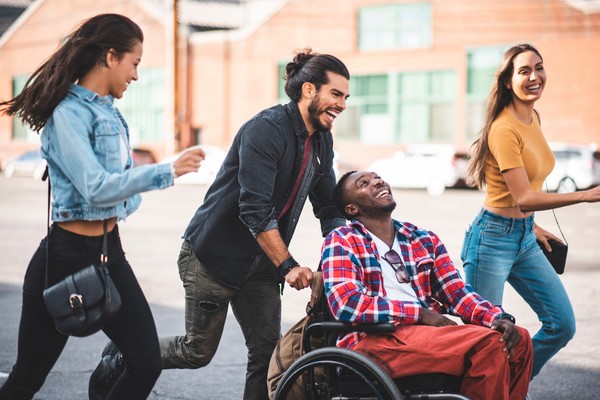
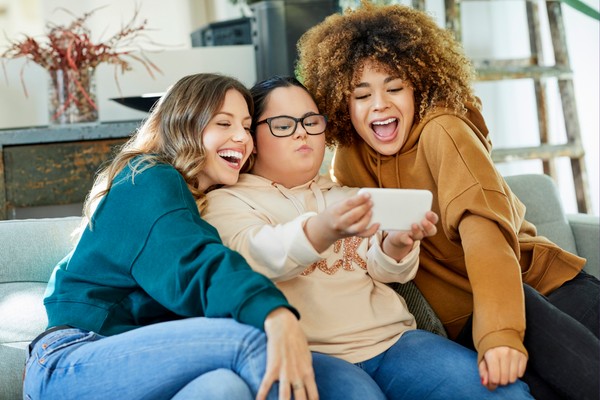
Respect how people identify
It’s important to respect how people like to be referred to, and this can differ from person to person. For example, if you are a young person with a learning disability you may like to be described as ‘part of the disabled community’, or you might prefer to not be referred to as ‘disabled’ at all.
It’s OK to feel either way and nobody should feel that they must like being called something they don’t feel comfortable with. By respecting each other’s differences, we can help to create an inclusive world that celebrates diversity and the qualities that make us human!
Use inclusive language
The way we communicate about and with other people can have a big impact on wellbeing. Using inclusive language helps us all feel safe and accepted for who we are, so it’s important to educate ourselves about learning disabilities and appropriate language to use to describe these!
Here are some tips for inclusive communication:
- Listen to the person and respect their experience of having a learning disability, rather than making assumptions about how they may feel
- Speak directly to the person you’re talking to, and try to avoid assuming they can’t speak for themselves (for example, by speaking to their friend or carer about them instead)
- Avoid using words such as ‘suffering’, ‘afflicted’, or ‘wheelchair-bound’ when referring to someone with a learning disability
- Remember that a person is more than the condition they have, so try to avoid describing someone solely as their disability
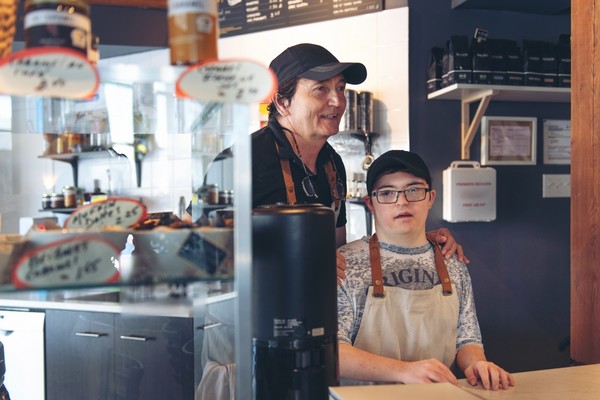
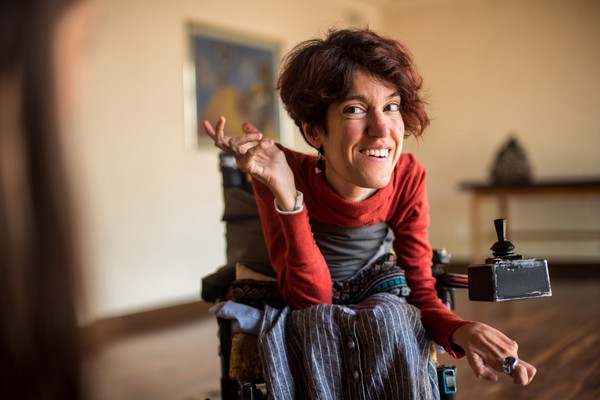
Make spaces accessible
Young people with disabilities have rightly said that they are not disabled but instead the world around them disables them. Although awareness and understanding of disabilities is improving, there are still lots of things in day-to-day life that have been designed in ways that excludes people’s accessibility needs.
For example, doorways are often too narrow for electric wheelchairs to go through, and many schools lack suitable quiet spaces for people who may be overwhelmed in busy environments.
Make spaces accessible (continued)
While we may not be able to change the physical spaces around us, we can encourage change together! When you next plan a social activity, think about the following:
- Can everyone easily access the place you are meeting?
- Could someone with different needs to my own still join in and have fun?
- Is there anything about the place that might exclude someone (e.g. the only entrance being up a flight of stairs)?
- How could you make the social activity more inclusive?
When we help to create inclusive spaces, the whole environment becomes more enjoyable for everyone!
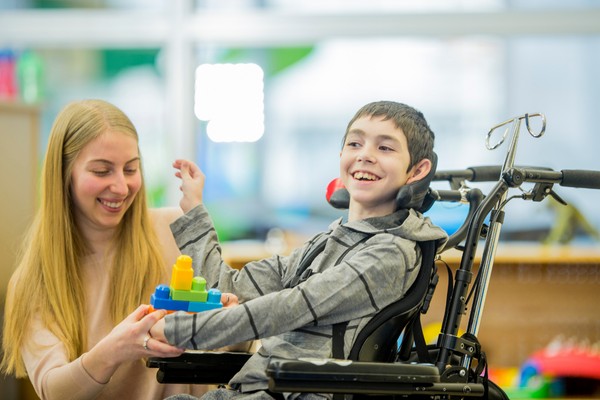

Get Help
If you or someone close to you has a learning disability and it’s affecting your mental health, it’s OK to ask for help.
You can find services in your local area here or find more information and advice on the Mencap website.
You can also check out the rest of our Feelings page here, which covers lots of different feelings and how to manage them.
